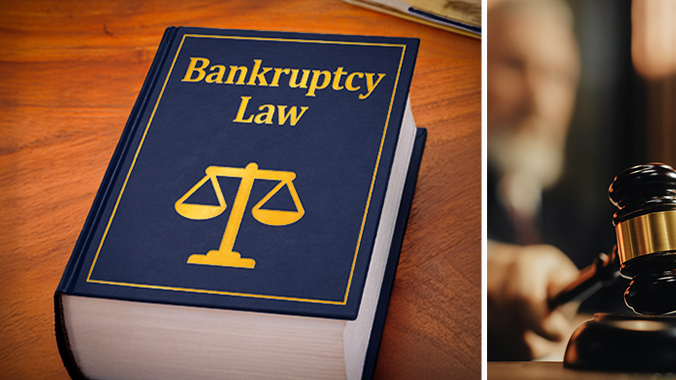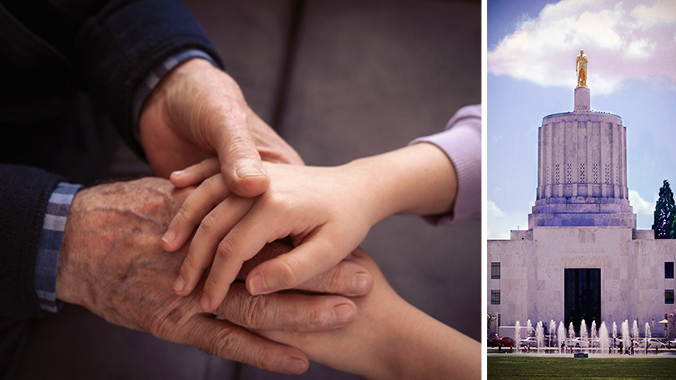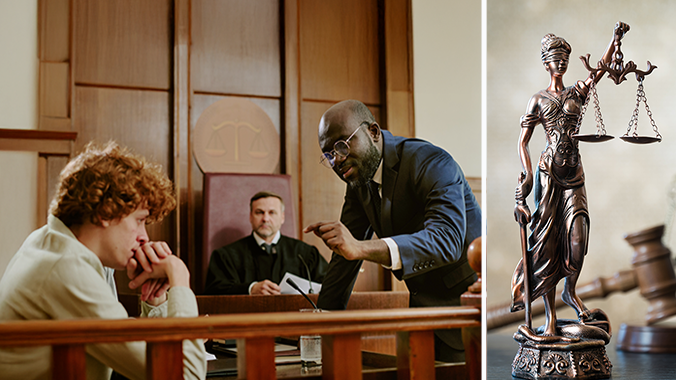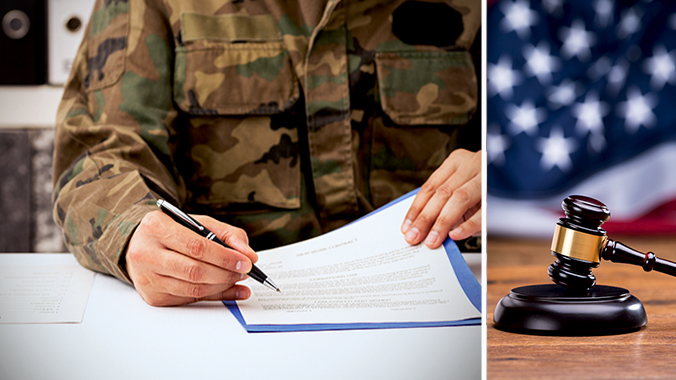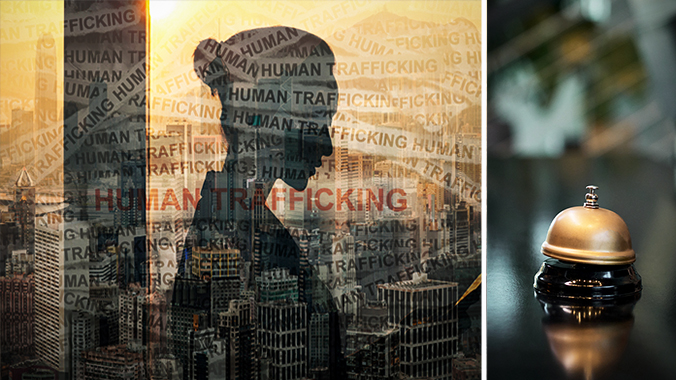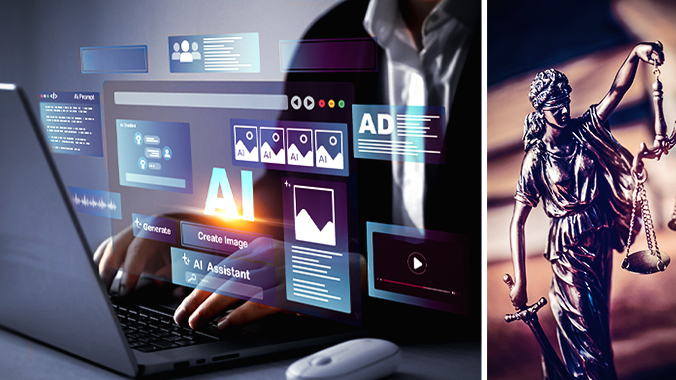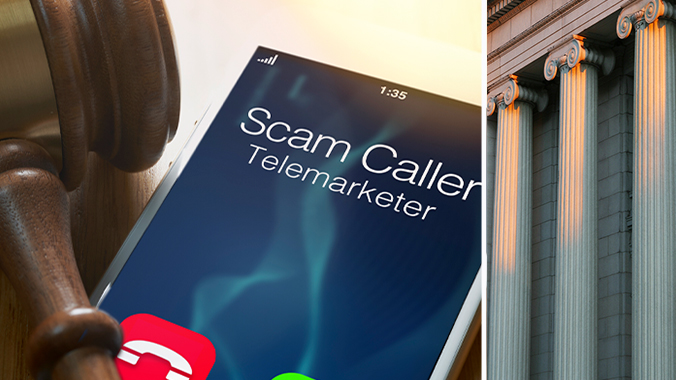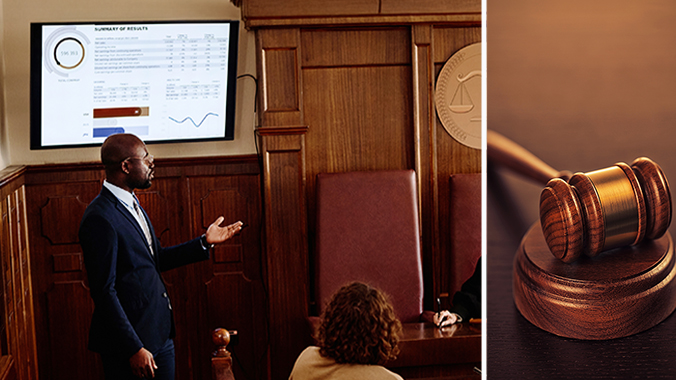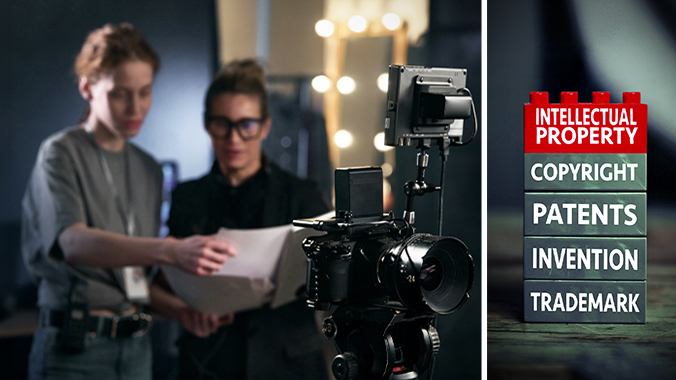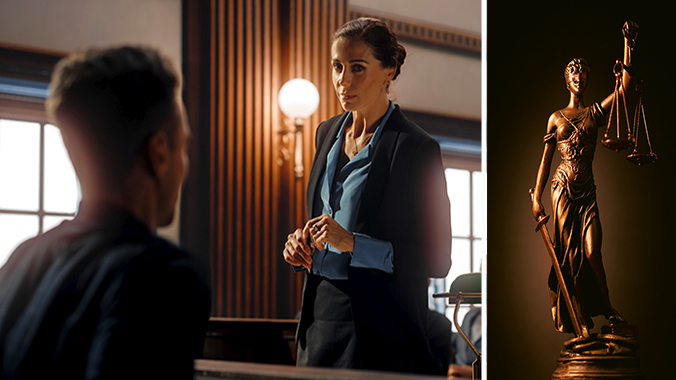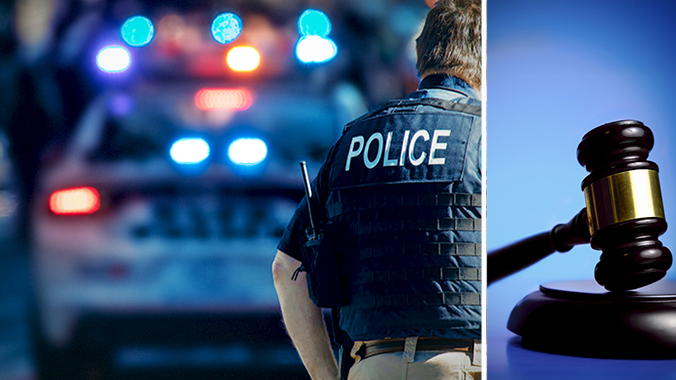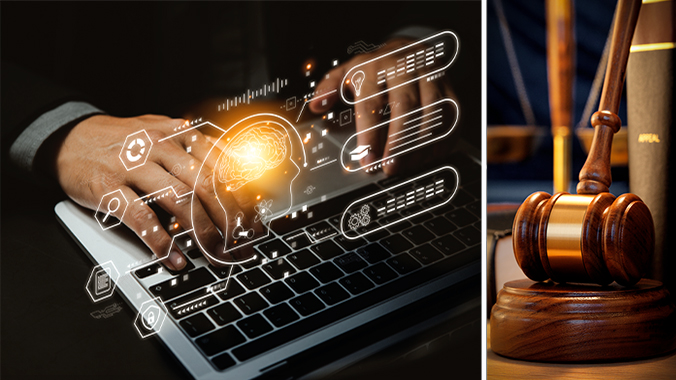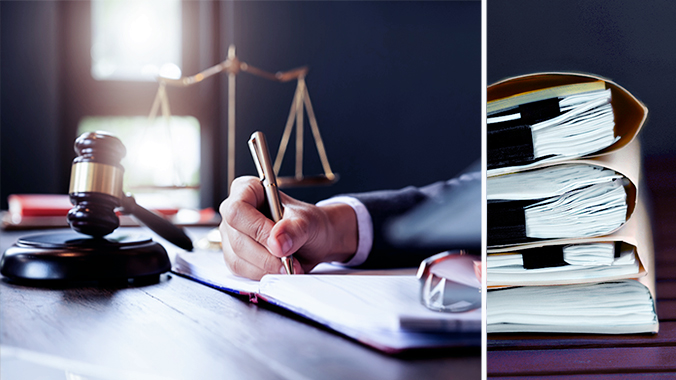Face Recognition Technology in the Courtroom: Legal challenges and defense strategies

Kaitlin is a supervising attorney at the Bronx Defenders, where she has worked for the last eight years. Prior to joining Bronx Defenders, she worked for three years as misdemeanor attorney at the Legal Aid Society of Nassau County. She also spent two years as a Research Fellow for the National Registry of Exonerations.
On-Demand: September 27, 2024
2 hour CLE
Tuition: $195.00
Co-Sponsored by myLawCLE
Get this course, plus over 1,000+ of live webinars.
Learn More
Training 5 or more people?
Sign-up for a law firm subscription plan and each attorney in the firm receives free access to all CLE Programs
Program Summary
This program delves into the evolving role of facial recognition software (FRS) within the criminal justice system. Participants will explore the current applications of FRS by law enforcement agencies, including its use in identifying suspects through cellphone cameras, surveillance footage, and social media. The course will dissect the technology behind FRS, explaining its mechanism of comparing probe photos to databases and distinguishing between face verification and face identification. Attendees will gain insight into the limitations and challenges associated with FRS, such as accuracy issues, demographic biases, and the impact of photo editing. Legal considerations for defense attorneys will be highlighted, including strategies for identifying FRS cases, challenging its use in court, and practical steps for investigation and discovery.
Key topics to be discussed:
- What is facial recognition?
- Why do police use facial recognition?
- How does facial recognition work?
- How accurate is facial recognition?
- Why is facial recognition hard to challenge in court?
- What are practical steps defense attorneys can take?
This course is co-sponsored with myLawCLE.
![]() Closed-captioning available
Closed-captioning available
Speakers
 Kaitlin Jackson Roll | The Bronx Defenders
Kaitlin Jackson Roll | The Bronx Defenders
Kaitlin is a supervising attorney at the Bronx Defenders, where she has worked for the last eight years. Prior to joining Bronx Defenders, she worked for three years as misdemeanor attorney at the Legal Aid Society of Nassau County.
She also spent two years as a Research Fellow for the National Registry of Exonerations (an organization that aims to provide accessible and comprehensive information about wrongful convictions). Her main research focus at the Registry was police & prosecutor misconduct. She presented her research findings at the Innocence Network Conference in both 2015 and 2016. She has contributed to numerous reports about wrongful convictions. She received her J.D. from the University of Michigan Law School.
Agenda
I. What is facial recognition? | 12:00pm – 12:20pm
II. Why do police use facial recognition? | 12:20pm – 12:40pm
- Identifying FRS Cases
- Frequency of use (and differences across jurisdictions)
- What don’t we know
III. How does facial recognition work? | 12:40pm – 1:00pm
Break | 1:00pm – 1:10pm
IV. How accurate is facial recognition? | 1:10pm – 1:30pm
- Accuracy issues
- Editing concerns
- Demographic bias
- Changing faces
V. Why is facial recognition hard to challenge in court? | 1:30pm – 1:50pm
- Technology moves faster than the law can keep up
- The state isn’t trying to admit facial recognition
VI. What are practical steps defense attorneys can take? | 1:50pm – 2:10pm
- Discovery challenges
- Motion & hearing practice
- Thinking creatively!
Credits
Alaska
Approved for CLE Credits
2 General
Alabama
Pending CLE Approval
2 General
Arkansas
Approved for CLE Credits
2 General
Arizona
Approved for CLE Credits
2 General
California
Approved for CLE Credits
2 General
Colorado
Pending CLE Approval
2 General
Connecticut
Approved for CLE Credits
2 General
District of Columbia
No MCLE Required
2 General Hours
Delaware
Pending CLE Approval
2 General
Florida
Approved for CLE Credits
2.5 Technology
Georgia
Pending CLE Approval
2 General
Hawaii
Approved for CLE Credits
2 General
Idaho
Pending CLE Approval
2 General
Illinois
Approved for Self-Study Credits
2 General
Indiana
Pending CLE Approval
2 General
Kansas
Pending CLE Approval
2 Substantive
Kentucky
Pending CLE Approval
2 General
Louisiana
Pending CLE Approval
2 General
Massachusetts
No MCLE Required
2 General Hours
Maryland
No MCLE Required
2 General Hours
Maine
Pending CLE Approval
2 General
Michigan
No MCLE Required
2 General Hours
Minnesota
Approved for Self-Study Credits
2 General
Missouri
Approved for Self-Study Credits
2.4 General
Mississippi
Pending CLE Approval
2 General
Montana
Pending CLE Approval
2 General
North Carolina
Pending CLE Approval
2 General
North Dakota
Approved for CLE Credits
2 General
Nebraska
Pending CLE Approval
2 General
New Hampshire
Approved for CLE Credits
120 General minutes
New Jersey
Approved for CLE Credits
2.4 General
New Mexico
Approved for Self-Study Credits
2 General
Nevada
Approved for Self-Study Credits
2 General
New York
Approved for CLE Credits
2.4 General
Oklahoma
Pending CLE Approval
2.5 General
Oregon
Pending CLE Approval
2 General
Pennsylvania
Approved for Self-Study Credits
2 General
Rhode Island
Pending CLE Approval
2.5 General
South Carolina
Pending CLE Approval
2 General
South Dakota
No MCLE Required
2 General Hours
Tennessee
Pending CLE Approval
2 General
Texas
Pending CLE Approval
2 General
Utah
Pending CLE Approval
2 General
Virginia
Not Eligible
2 General Hour(s)
Vermont
Approved for CLE Credits
2 General
Washington
Approved for Self-Study Credits
2 General
West Virginia
Pending CLE Approval
2.4 General
Wyoming
Pending CLE Approval
2 General
More CLE Webinars
Trending CLE Webinars









Upcoming CLE Webinars















